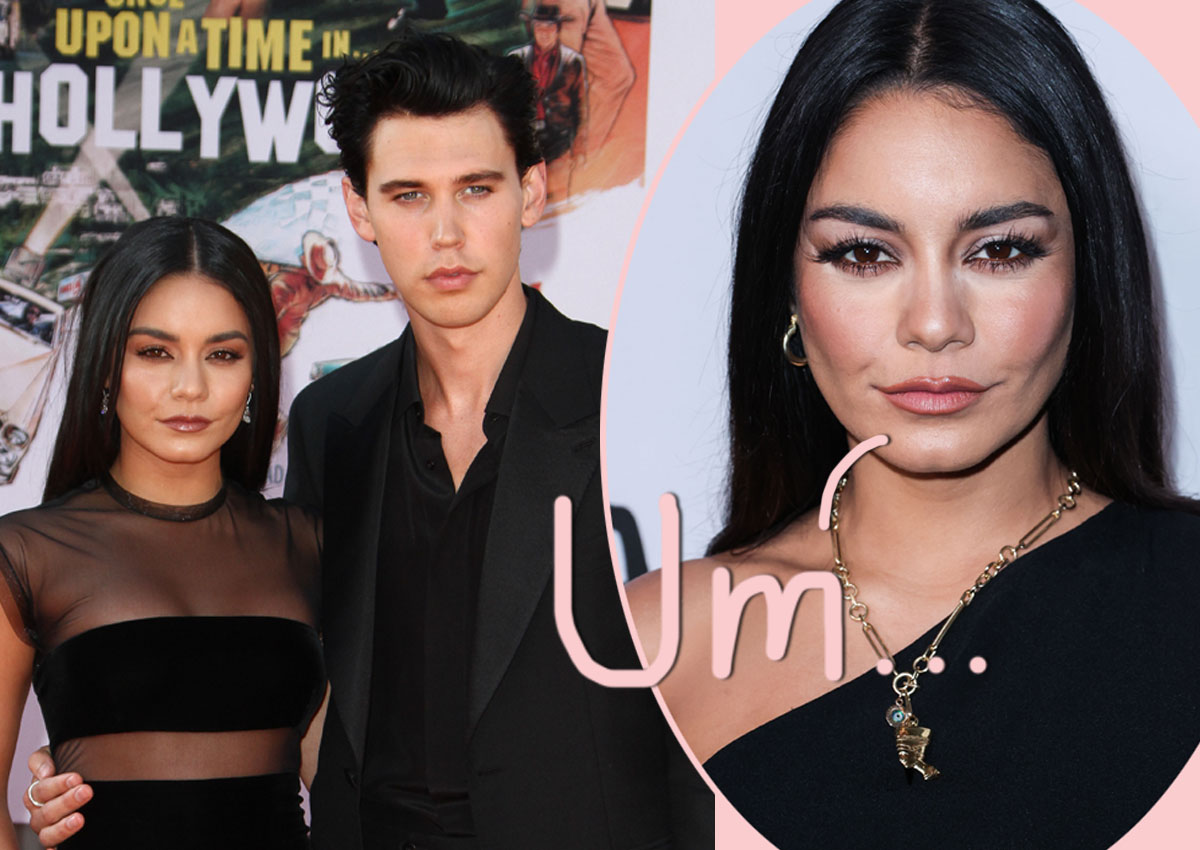#Elon Musk Twitter Takeover Lawsuit Gains Steam As Judge Advances Investors’ Claims

In the months after negotiating a buyout of Twitter but before being forced to consummate the deal in Oct. 2022, Elon Musk deployed scorched earth tactics in an attempt to lower the price of the $44 billion acquisition.
On Monday, a federal judge advanced a lawsuit from investors who say they suffered losses when they sold their shares in Twitter, now known as X, because of posts from Musk claiming the platform has a major issue with fake accounts and that he could wiggle out of the deal because of it. U.S. District Judge Charles Breyer found that several of Musk’s statements were false or misleading, in part, because he waived due diligence.
The suit, filed last year, is one of several against Musk over his actions leading up to and after the all-cash acquisition of X. It accused him of substantially driving the company’s stock down, with the aim of completely backing out of the deal or renegotiating the buyout price.
Leading up to the acquisition, shares in Twitter significantly decreased from $71.69 in July 2021 to $43.42 in March 2022, which the suit alleged led Musk to believe that he was obtaining the company at a bargain bin price. But he had pledged his Tesla stock, which had declined by roughly 37 percent after the announcement of a buyout, as collateral for a $12.5 billion loan to finance the deal. The suit alleged that this served as the impetus for allegedly false statements from Musk as he faced the possibility of a margin call to cover the shortfall.
In the ruling, Breyer pointed to false statements from Musk, including when he tweeted that the acquisition was “temporarily on hold pending details supporting calculation that spam/fake accounts do indeed represent less than 5% of users.”
Investors argued that the post suggested that the merger was conditioned on Twitter providing documentation backing up the assertion, while Musk contended the statement was technically truthful because the deal was delayed for months while he awaited details on the calculation.
Breyer said that Musk’s argument “misses what makes the statement false.” He found the question is not if the deal slowed down but whether Twitter had a duty to provide the requested information for it to close.
“Because Twitter did not have an obligation to provide this data to Defendant under the terms of the Merger Agreement, Defendant’s representation that Twitter did have this obligation in order for the deal to close was false,” stated the order, which noted that Musk waived due diligence as a condition to the merger agreement.
This also served as the basis for Breyer refusing to dismiss a claim over Musk’s post that the actual number of fake accounts on Twitter “could be much higher” than 20 percent and that the deal couldn’t proceed until then-CEO Parag Agrawal showed proof that fake and spam accounts accounted for less than five percent of the userbase. The judge agreed with investors that the tweet was false because it created the impression that Musk was entitled to due diligence and that he had the right to terminate the merger.
“Defendant had not been given access to any user data from Twitter to support that number; to the contrary, he specifically waived due diligence as part of the merger agreement,” Breyer wrote.
The suit cited a series of allegedly misleading statements from Musk. The court found that some weren’t false, including his tweet affirming a Twitter user who posted that “[i]f 25% of the users are bots then the Twitter acquisition deal should cost 25% less.” A statement of opinion isn’t misleading, Breyer explained, “just because external facts show the opinion to be incorrect.” He similarly dismissed a claim revolving around Musk tweeting that he received a call from Twitter’s lawyers advising him that he had violated the terms of their nondisclosure agreement.
The judge gave lawyers representing the investors a chance to fix the claims.
Musk also faces another suit from investors who sold their shares in the 11 days that Musk was late in notifying financial regulators that he’d acquired a considerable stake in the company. They claimed that Musk’s omission saved him roughly $143 million, while they missed out on significant profits when shares skyrocketed in light of the news.
Musk started to acquire shares of Twitter beginning in January 2022. Three months later, he had acquired more than a 5 percent ownership stake. Under the Securities Exchange Act, Musk was required to notify regulators within 10 days of passing that threshold, the suit said. Instead, he continued to amass shares, waiting until April when he’d already acquired 9.1 percent of the company before filing the required disclosures.
If you liked the article, do not forget to share it with your friends. Follow us on Google News too, click on the star and choose us from your favorites.
For forums sites go to Forum.BuradaBiliyorum.Com
If you want to read more Like this articles, you can visit our Social Media category.




